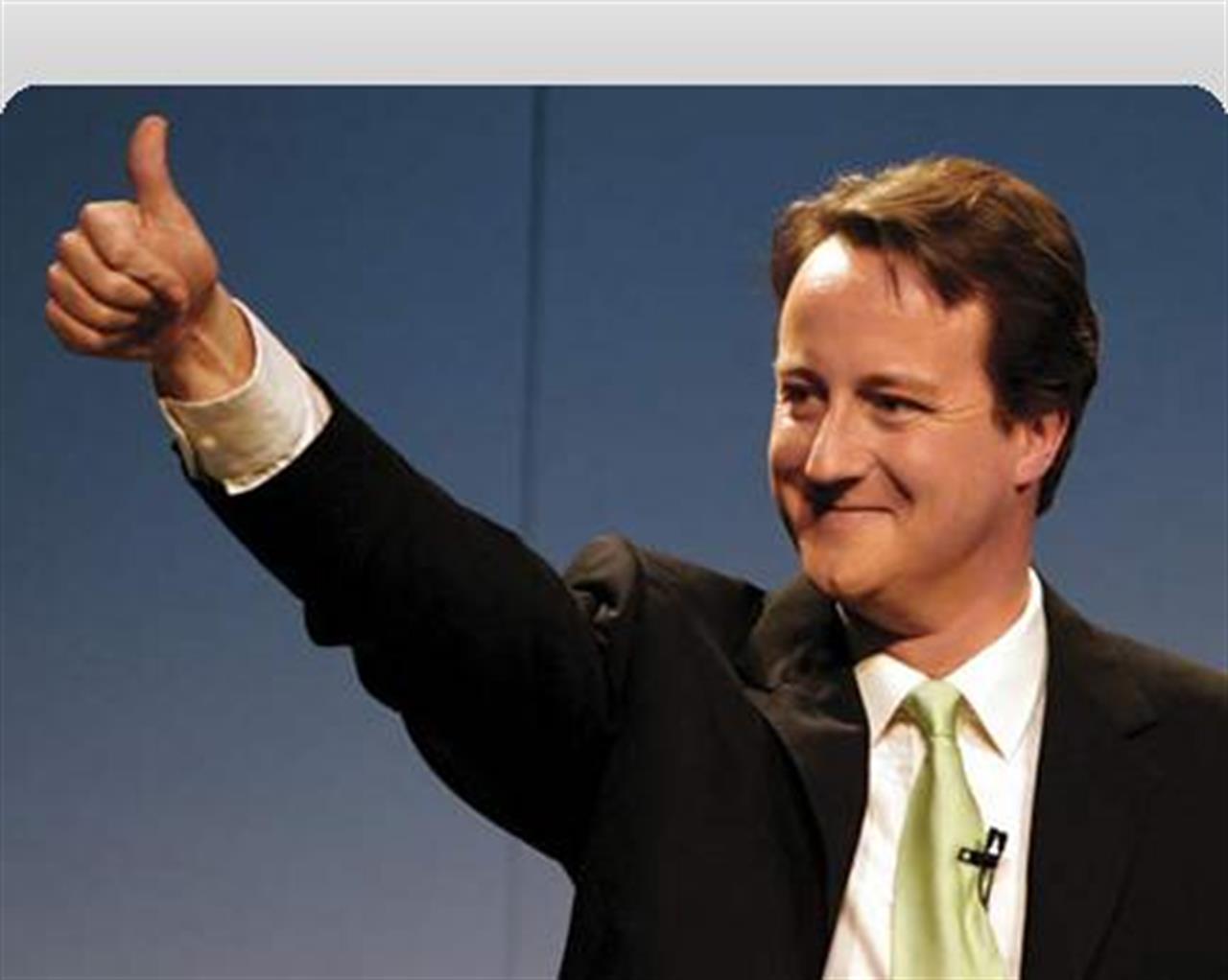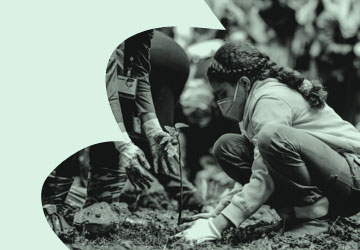Cooperazione & Relazioni internazionali
Big Society: phase two
David Cameron sets big society in motion but critics say it’s just a guise for spending cuts.

“We need to turn government completely on its head,” says Prime Minister David Cameron as he announces the next phase of his “Big Society” agenda and names four “vanguard” communities. Each will receive funding and support to set up local community based projects that will replace some government services.
He explains that these communities are the “training ground” for an overhaul in the relationship between the government and civil society. Cameron wants to “redistribute power” and do away with a system he describes as being “top-down, top-heavy.”
A “Big Society” bank will be established to finance these charities and voluntary groups that will run these services. It will be funded using “every penny of dormant bank and building society account money allocated to England,” he says. Under British law the government can redistribute money from accounts left untouched for at least 15 years back into the wider community.
But critics including Dave Prentis, the general secretary of Unison, and Ed Miliband, the Labour party leadership contender, say that “this plan is all about saving money” and that “Cameron’s government is cynically attempting to dignify its cuts agenda.”
“This is not about trying to save money, it is about trying to have a bigger, better society,” Cameron responds.
The four regions that will receive money are the London Borough of Sutton, Eden Valley, Cumbria; Windsor and Maidenhead, Berkshire; and Liverpool. Volunteers will receive training to become community organizers and will lead projects ranging from improving local transport to improve the provision of broadband.
Cameron argues that his plan is all about empowering grassroots movements. “If you’ve got an idea to make life better, if you want to improve your local area, don’t just think about it – tell us what you want to do and we will give you the tools to make this happen,” he adds.
Related articles:
Volunteering in the Big Society “We don’t yet have the full picture”, says Mike Locke, Director of Public Affairs at Volunteering England, a charity committed to the development of volunteering across the UK, when asked how government spending cuts are likely to affect Britain’s voluntary sector. But the obvious scenario is one that sees public agencies reducing their grants to voluntary organisations at a time when the demands on them are likely to increase. To read the full article click here
Go ahead for Big Society Tory Nick Hurd was nominated Britain’s Minister for Civil Society last Friday May 14 in newly appointed British prime minister David Cameron’s government. To read the full article click here.
How big is Big Society : Mixed messages are being delivered to the British third sector regarding its survival and/or development. The threat of imminent, extreme budget cuts affecting all British sectors are being set off against civil society’s newly given importance and the gradual application of the Tories’ great ‘Big Society Idea’. To read the full article click here.

